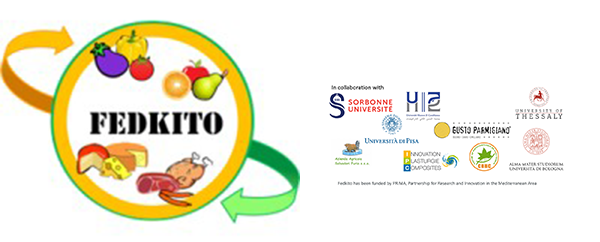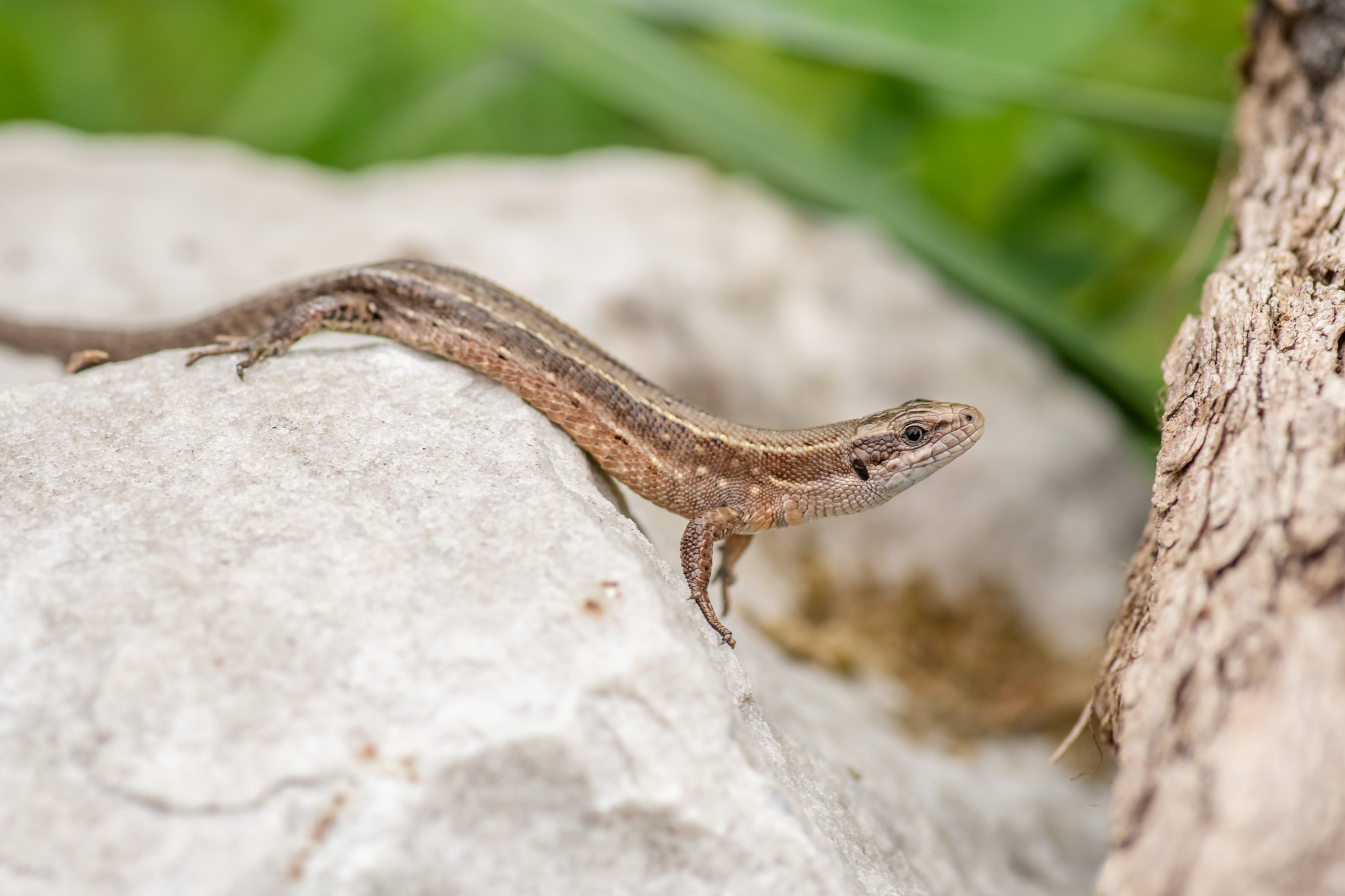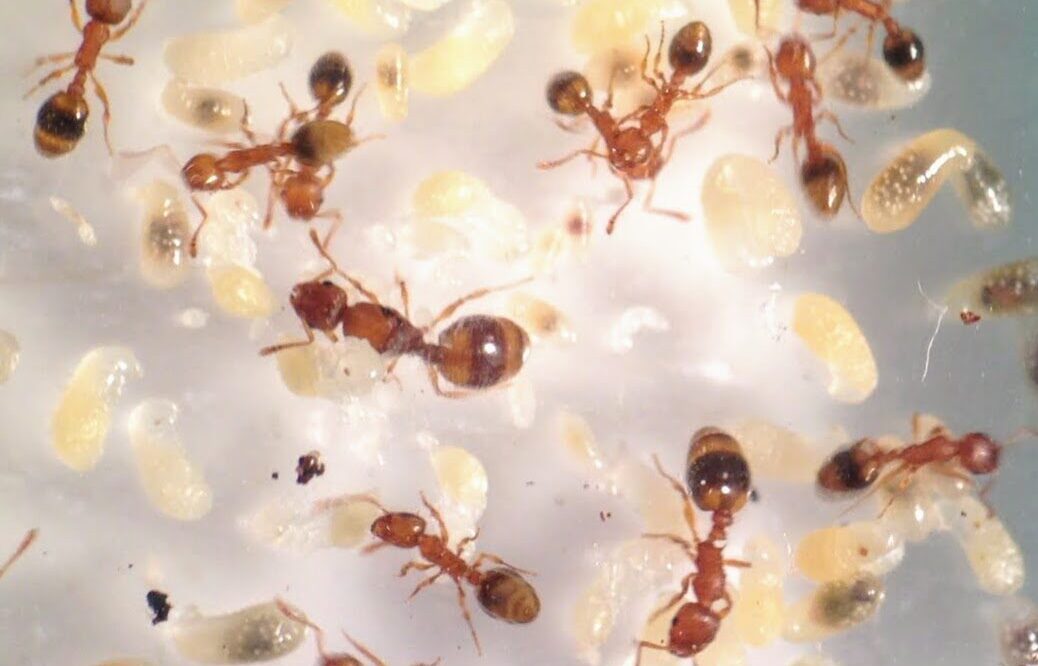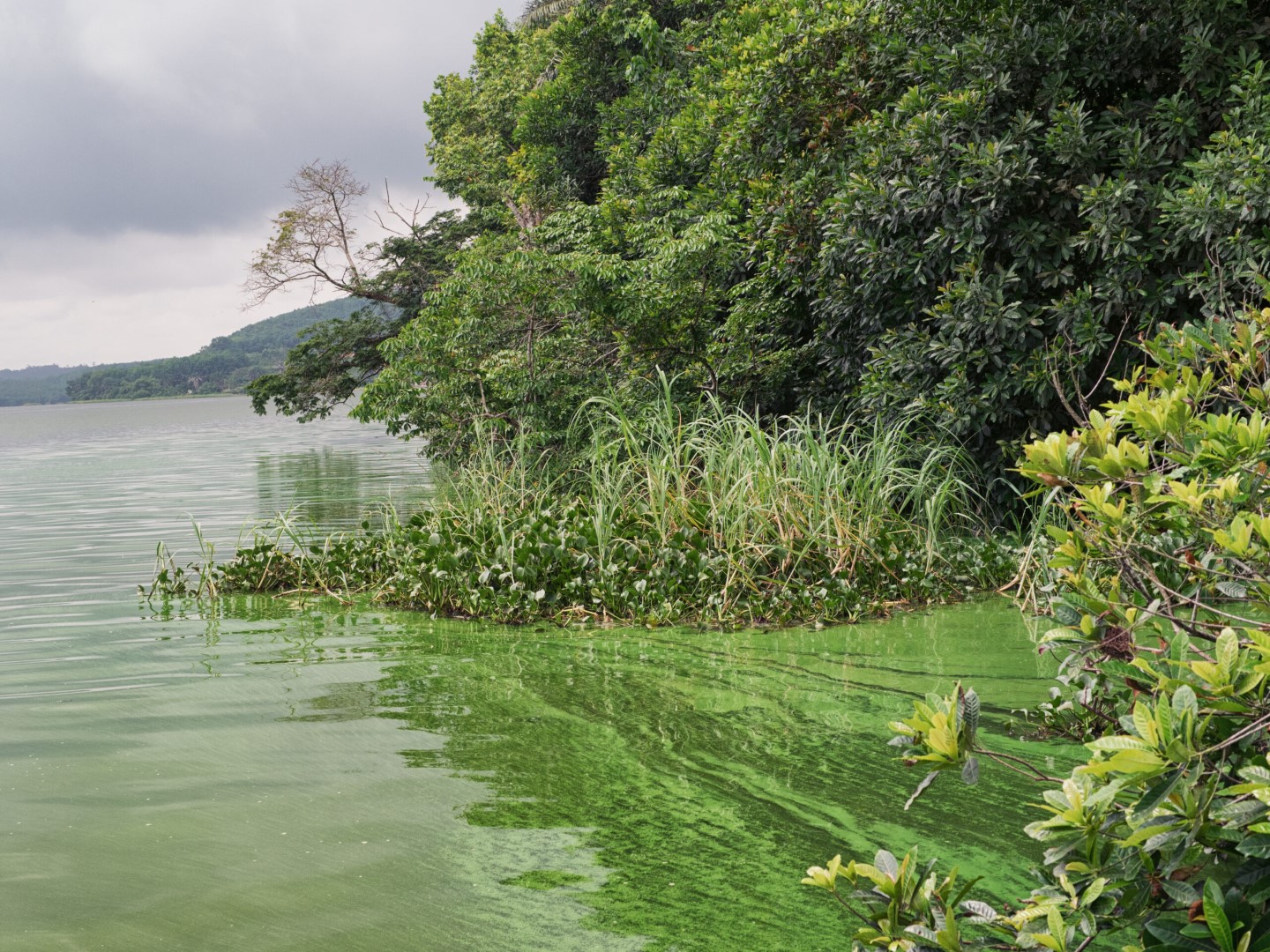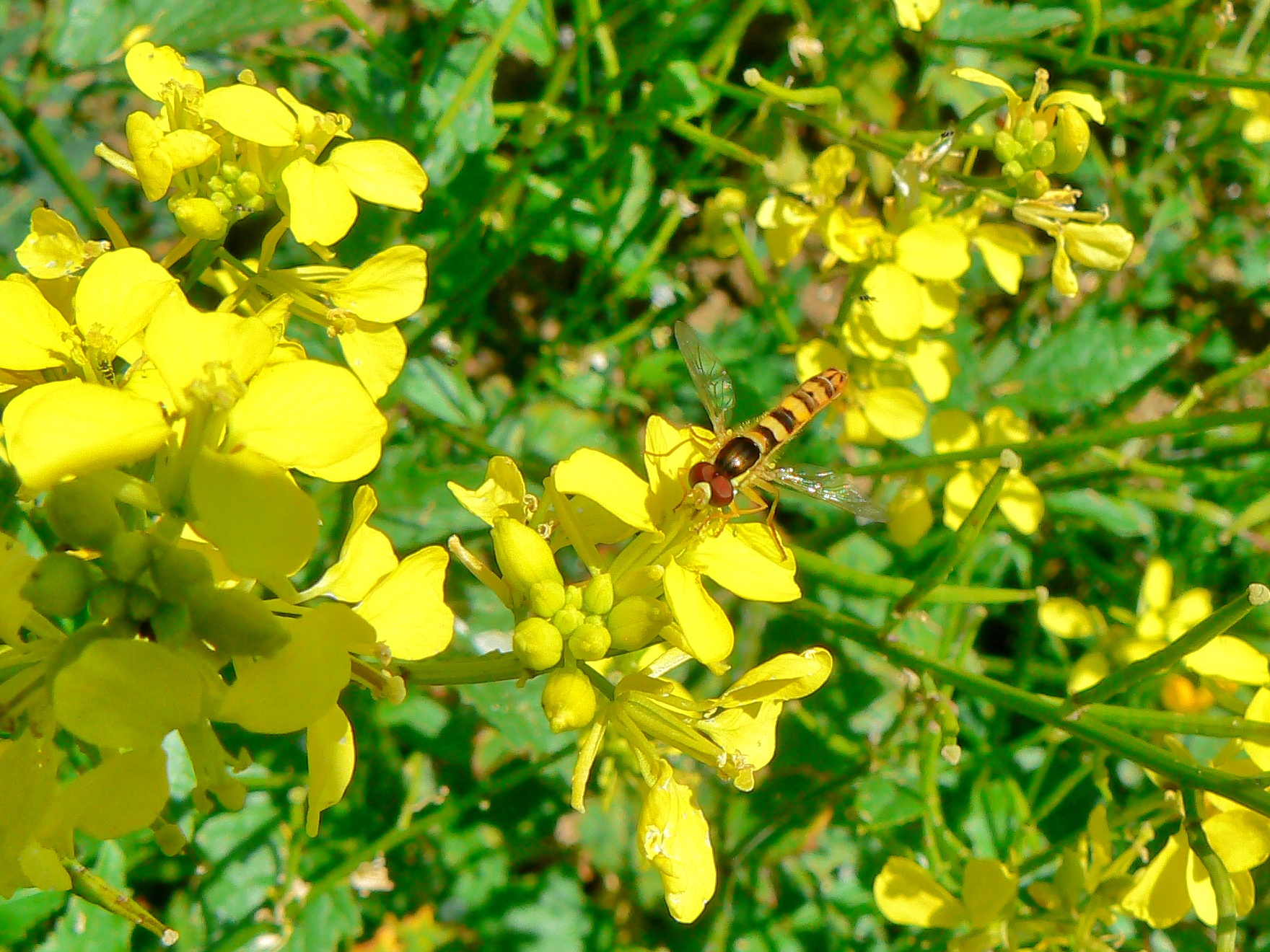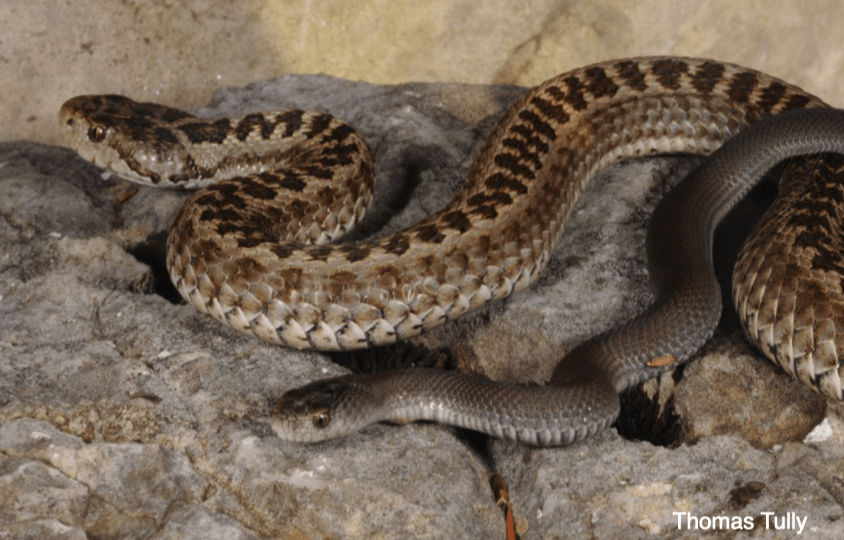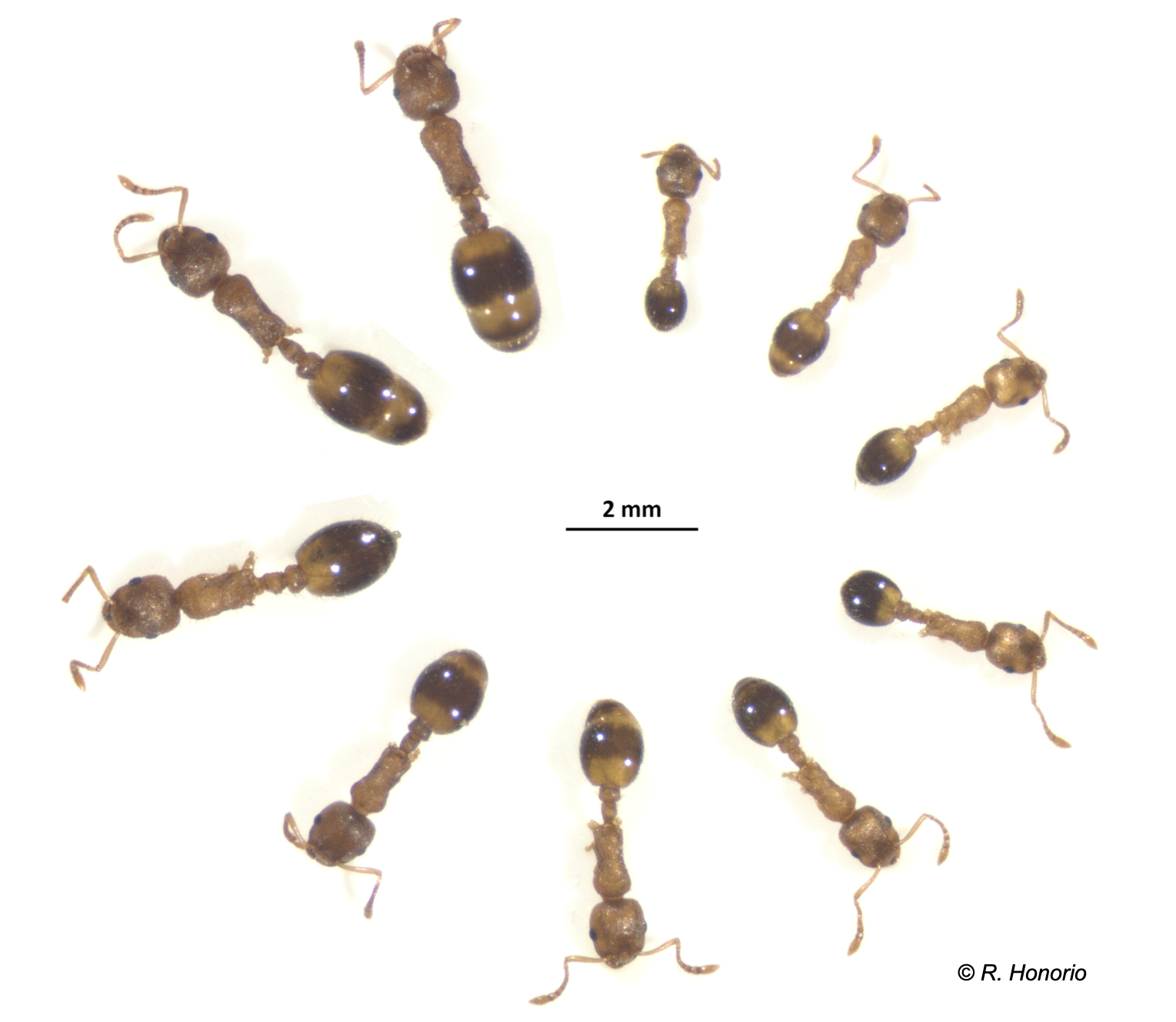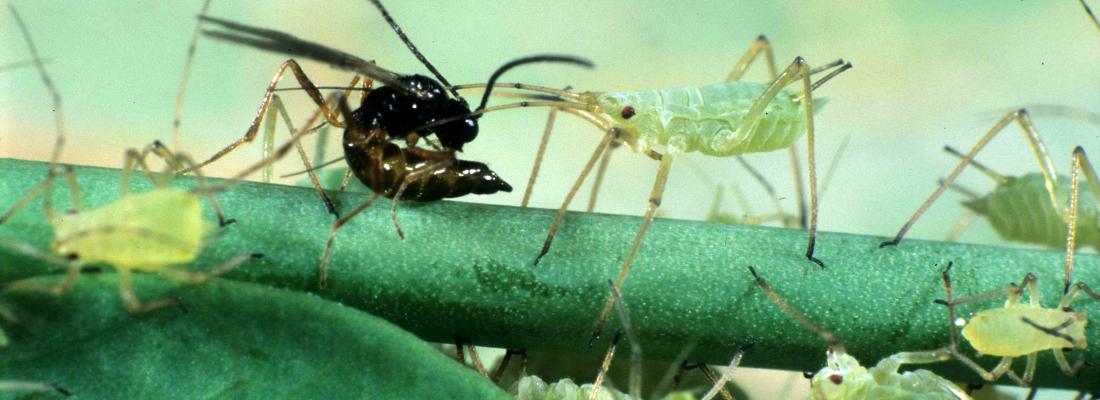FEDKITO is a project funded by the PRIMA Foundation in which members of the CreA team are involved. It will prolong the shelf-life of perishable Mediterranean food products by providing innovative smart active packaging based on chitosan aromatized with essential oils together with advanced biosensors. ? Project web site Concept Somewhere between 15 and 50% […]
Lire la suite / Read more
J.-L. Janeau, IRD research engineer at iEES Paris (FEST and F2ZC teams), is co-organizer of an EGU21 session.
Lire la suite / Read more
Team news Team publications Team members Our research aims to understand the ecological and evolutionary causes of phenotypic variability. We investigate the consequences of this variability for demographic processes which depend on environmental conditions. We use different research models to address major topics (the common lizard, annual killifish, springtails), in the lab, in mesocosms and […]
Lire la suite / Read more
Urban and forest colonies of the ant Temnothorax nylanderi respond differently to pollution?
Lire la suite / Read more
Based on the use of a smartphone application, the citizens of the three villages were invited to report water color changes, as these changes could reflect cyanobacteria proliferations.
Lire la suite / Read more
In the city, the seasonal patterns of activity of insect pollinators could be disturbed by the urban microclimate as well as by the presence of ornamental flora. To study this phenomenon, Vincent Zaninotto and his collaborators monitored the activity of insect pollinators in Paris and in the natural environment, from late winter to autumn. In […]
Lire la suite / Read more
“Here, we used 37 years of mark-recapture data in two nearby habitats inside a meadow viper Vipera ursinii population to quantify life expectancies, generation times and the shape of actuarial and reproductive senescence.”
Lire la suite / Read more
We were saddened to learn on this the 1st day of September that our colleague and friend Christian Peeters, CNRS senior scientist at iEES-Paris, had passed away.
Lire la suite / Read more
Social groups consist of individuals that differ from one another, and many studies show that this diversity improves group efficiency. In social insects, size diversity can, for example, improve the efficiency of foraging, nest building, brood rearing and production of young queens. Thus, colonies that re more diverse are generally also more efficient. Romain Honorio […]
Lire la suite / Read more
Researchers studied the genome of wasp species which attack different aphid species, in order to understand which adaptations allow them to get around their hosts’ defenses.
Lire la suite / Read more
